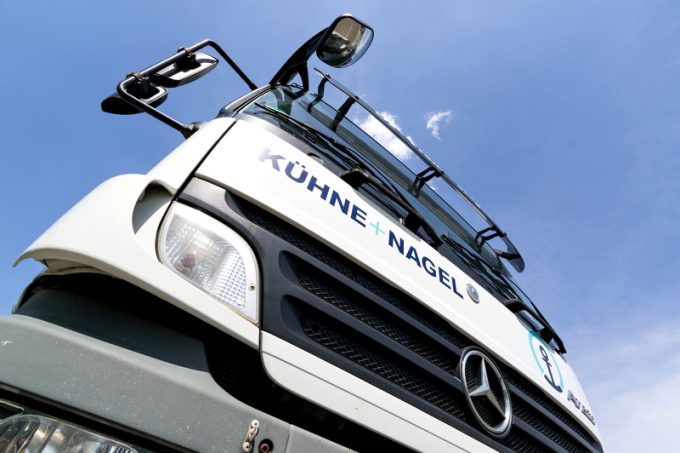
ID 115662365 © Björn Wylezich | Dreamstime.com
Kuehne + Nagel today reported another strong quarter, with nine-month numbers showing significant gains – although some analysts have urged caution.
Net turnover from January to September climbed 13.6% year on year to CHF15.3bn ($15.4bn), generating ebit of CHF745m, up 8.8% on 2017.
Chief executive Detlef Trefzger said: “We’ve continued ...




Comment on this article